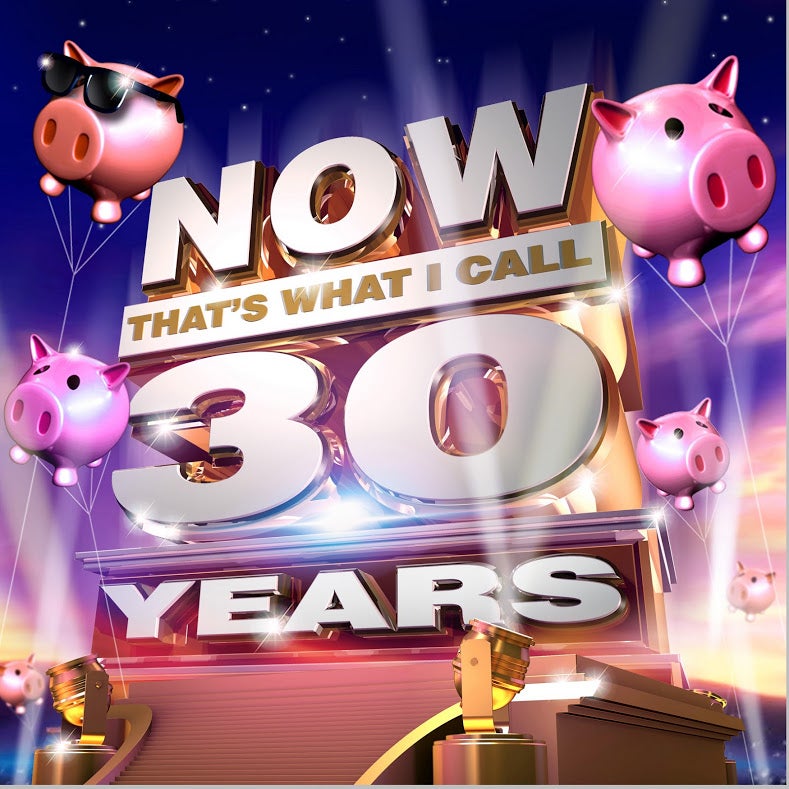Now That’s What I Call Saving The Music Industry: Surprise as digital sales of compilation albums grow

Your support helps us to tell the story
From reproductive rights to climate change to Big Tech, The Independent is on the ground when the story is developing. Whether it's investigating the financials of Elon Musk's pro-Trump PAC or producing our latest documentary, 'The A Word', which shines a light on the American women fighting for reproductive rights, we know how important it is to parse out the facts from the messaging.
At such a critical moment in US history, we need reporters on the ground. Your donation allows us to keep sending journalists to speak to both sides of the story.
The Independent is trusted by Americans across the entire political spectrum. And unlike many other quality news outlets, we choose not to lock Americans out of our reporting and analysis with paywalls. We believe quality journalism should be available to everyone, paid for by those who can afford it.
Your support makes all the difference.Downloading was supposed to mean the death of the compilation album. Because why would you want to buy the complete selection when you could cherry pick your favourite tracks?
Wrong. Figures released by the British recorded music industry (BPI) show that sales of compilation albums grew by 7.2% in 2012, buoyed by the extraordinary continued success of the Now That’s What I Call Music series, which marks its 30 anniversary this year.
The ever popular Now collections took the top three places in the compilations chart for last year. And then there were the spin offs – Now That’s What I Call Christmas came in at No 4 and an exercise-themed Now That’s What I Call Running was at No 4.
But it was the purchase of such albums via the internet that took the industry by surprise. Some 23.5% of compilations were downloaded, compared to 16.3% in 2011. Almost half (48.5%) of sales of Now That’s What I Call Christmas were downloads.
“For many years commentators have predicted the demise of the compilation,” said Geoff Taylor, chief executive of the BPI. “But these albums offer an expert filter – someone has done the work for you by picking the best of the genre.”
Several of the Now albums last year were genre-specific – such as Now That’s What I Call Reggae and Now That’s What I Call Disney – as the series had nine titles in the top 15 best-selling compilations. Total sales of Now compilations – which are jointly made by EMI and Universal imprint UMTV – reached 2.9m in 2012, an 11-year high and up from 2.7m the previous year.
Modern fast-paced lifestyles may have undermined the attraction of lovingly and painstakingly compiling a mixtape of personal favourite songs. Taylor is probably not the only busy parent to have downloaded the “Pop Party 10” compilation as a handy soundtrack. “It was the playlist for my daughter’s party last week – and she’s only six,” he said.
Taylor believes that the improved sales are based on consumer trust in well-established compilation brands and the value for money from albums that often run to more than 60 tracks. Compilation sales have grown a further 11.8% in the first three months of this year and make up 21% of all albums sold.
The Ministry of Sound nightclub in south London has also built an enduring business in compilation albums and continued to enjoy success last year with its Anthems 90s and XX Twenty Years releases making it into the annual Top 20.
Join our commenting forum
Join thought-provoking conversations, follow other Independent readers and see their replies
Comments